July 6 is the 187th day of the year (188th in leap years) in the Gregorian calendar, leaving 179 days until the year’s end.
In this post, we revisit historical events reflecting the day’s rich and diverse impact on history and society.
July 6, 2014: A nationwide mystery grips Ghana when “highlife” musician Castro disappears along with his girlfriend. They are suspected to have had a jet ski accident at Ghana’s Ada Estuary, but an intensive search fails to find their bodies. Castro will be declared legally dead on July 6, 2021.

July 6, 1990: A campaign of bombings carried out by South African right-wing groups opposed to democratic reforms and the end of apartheid continues with a bombing at the Johannesburg taxi terminal, injuring 27 people.

July 6, 1989: South Africa launches its first rocket, RSA-3, from Overberg. Developed with assistance from Israel, the satellite-launching rocket raises fears that it could be used as a weapon by the apartheid regime. The rocket project is canceled in 1994 as “commercially unviable” following South Africa’s democratization.

July 6, 1982: The trial in Seychelles of six mercenaries from South Africa and Zimbabwe for the 1981 attempted coup d’état against Prime Minister France-Albert René finds all defendants guilty of treason. Four of them are sentenced to death. However, none of the men will be punished. They are returned to South Africa after the South African government bribes René with US$3 million.
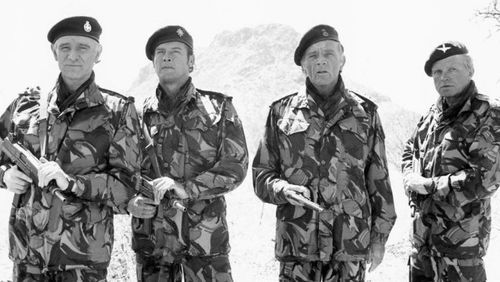
July 6, 1976: In Annapolis, Maryland, the United States Naval Academy admitted women for the first time with the induction of 81 female midshipmen. Elizabeth Anne Rowe, one of these women, became the first to graduate in May 1980.
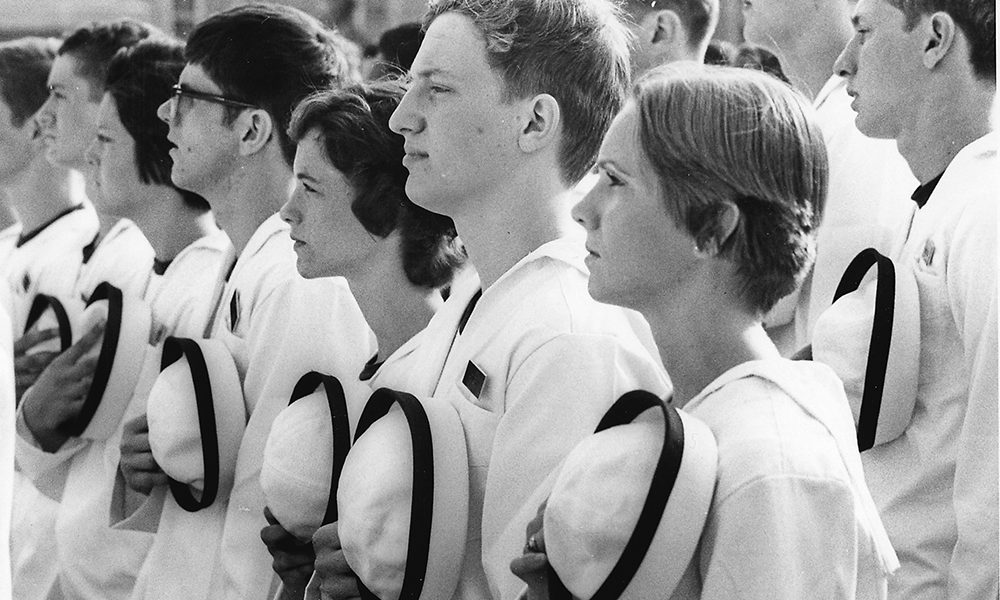
July 6, 1967: Nigerian forces invaded the Republic of Biafra, sparking the Nigerian Civil War, which ended on January 15, 1970. The conflict resulted in the deaths of 45,000–100,000 combatants and 3,000,000–4,000,000 Biafran civilians due to famine caused by a Nigerian naval blockade. Additionally, 2,000,000–4,500,000 people were displaced, with 500,000 fleeing abroad.
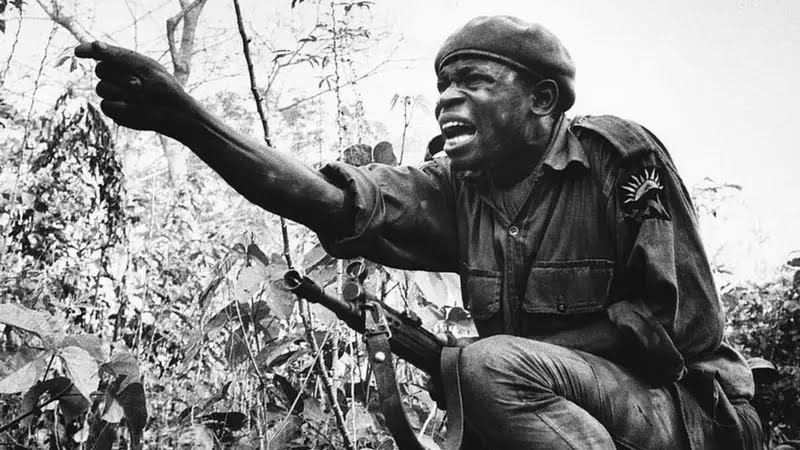
July 6, 1967: For the first time, an African head of state who loses a free multiparty election peacefully transfers power to his successor. The term of Somalia’s first president, Aden Adde, ends, and the new president, Abdirashid Shermarke, is sworn into office.
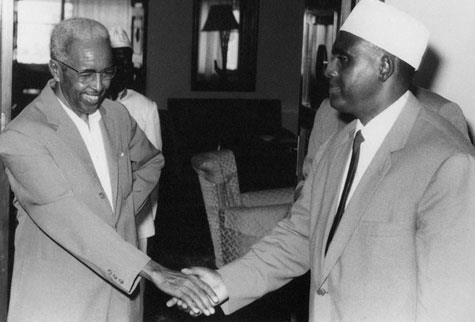
July 6, 1964: Malawi achieves national independence from Britain. The capital is Lilongwe.
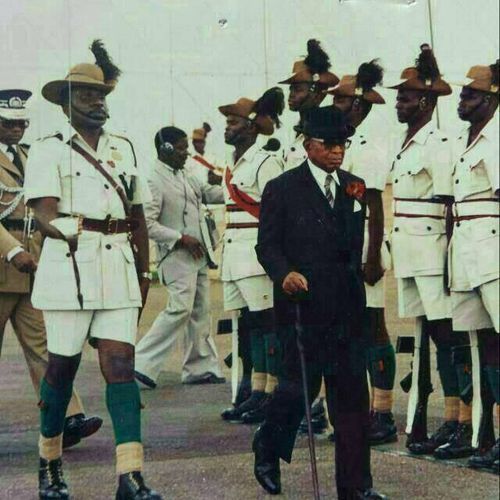
July 6, 1957: Althea Gibson became the first Black tennis player to win a Wimbledon singles title by defeating fellow American Darlene Hard 6-3, 6-2.

July 6, 1955: In preparation for its national independence from Britain and Egypt in December, Sudan issues its first currency.
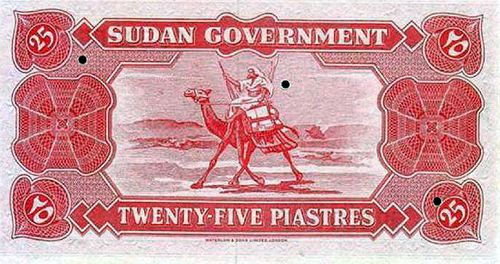
July 6, 1945: President Harry S. Truman signed an executive order establishing the Medal of Freedom. This highest civilian award in the United States, along with the Congressional Gold Medal, is given at the President’s discretion or on recommendation to individuals who have made “an especially meritorious contribution to (1) the security or national interests of the United States, (2) world peace, or (3) cultural or other significant public or private endeavors.”

July 6, 1937: Bessie Head, Botswana’s most influential writer, was born in Pietermaritzburg, South Africa. As an orphan of mixed-race parentage, her racial identity constrained her life under South Africa’s apartheid government.
She worked as a journalist until fleeing in 1964 to Bechuanaland (Botswana) to avoid arrest over her articles exposing government crimes. Settling in Serowe, she used the town as the setting for her first novel, When Rain Clouds Gather, published in 1968, and for two subsequent novels.
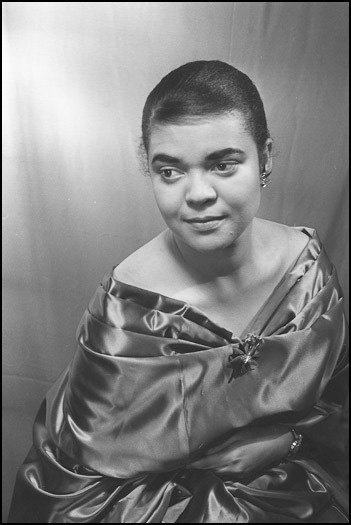
July 6, 1933: Major League Baseball’s first All-Star Game took place at Comiskey Park in Chicago.

July 6, 1907: Established as the British Central Africa Protectorate 14 years earlier, the territory later known as Malawi has its name changed to Nyasaland Protectorate.
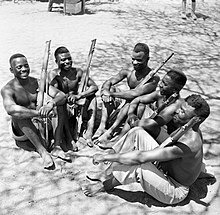
July 6, 1897: Two years after agreeing to allow the Buganda Kingdom to become a British Protectorate in exchange for maintaining power, 29-year-old King Mwanga II seeks to regain full control over governance and declares war on Britain.
His forces will be defeated in battle two weeks later on July 20, and he will flee to German East Africa.
There, he will be arrested, but in January he will escape and attempt to reclaim his country. Upon recapture, he will be permanently exiled to Seychelles, where he will die at the age of 34.
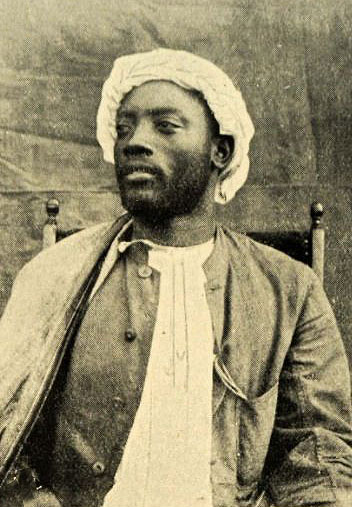
July 6, 1483: Richard III was crowned King of England in Westminster Abbey.

Get instant and latest news updates via Our WhatsApp Community or Google News online channel.


